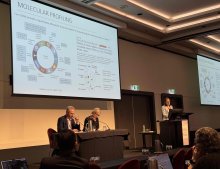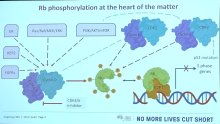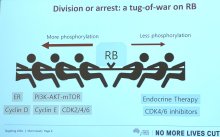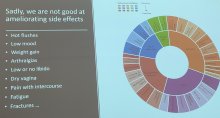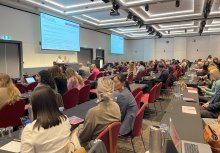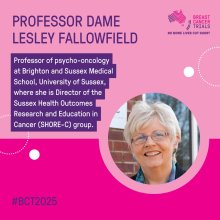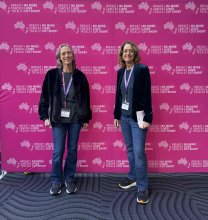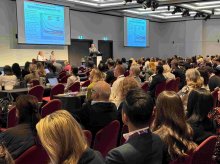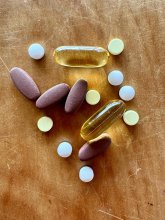How well are we treating triple negative breast cancer in Aotearoa New Zealand?
BCAC Chair Libby Burgess reflected on this question after attending the premier international breast cancer research conference, SABCS 2023, in San Antonio Texas last month. Triple negative breast cancer (TNBC) is an aggressive subtype lacking HER2 or hormone receptors. It is the most challenging type of breast cancer to treat, particularly at the advanced stage. However, research over the last 20 years has broadened treatment options and improved patient outcomes.
At SABCS, Libby was able to gain an in-depth understanding of current treatments offered overseas and the scientific evidence backing them, as well as learning about where the research is heading next. Libby noted with dismay how far New Zealand has fallen behind the rest of the developed world in treating both the early and advanced stages of this aggressive breast cancer subtype. Neoadjuvant therapy is not offered to all who would benefit. There is no funded access to immunotherapies such as pembrolizumab (Keytruda) and atezolizumab (Tecentriq), PARP inhibitirs such as olaparib (Lynparza) and talazoparib (Talzenna) or the antibody drug conjugates sacituzumab govitecan (Trodelvy) or T-DXd (Enhertu). BCAC is resolved to continue to advocate strongly for better access to modern treatments for TNBC in Aotearoa New Zealand.
Complementary medicines: what is good and what is bad?
Many patients with advanced breast cancer use herbs and supplements, as well as other treatments like relaxation and massage, to relieve symptoms. However, many patients are taking herbs or supplements that may be harmful or interact with their cancer medications. Most cancer drugs and most foods, herbs and supplements are broken down by the same liver enzyme pathways; a particular example is grapefruit, which therefore interacts with trastuzumab and paclitaxel (among many others). Two supplements that don’t appear to interact with any medications are melatonin and omega-3. Patients should always tell their doctors what supplements and herbs they are taking (and don’t forget to mention grapefruit!). However, it’s a ‘two-way street’, as doctors also need to remain open-minded or their patients will conduct their own research and may reach dangerous conclusions.


